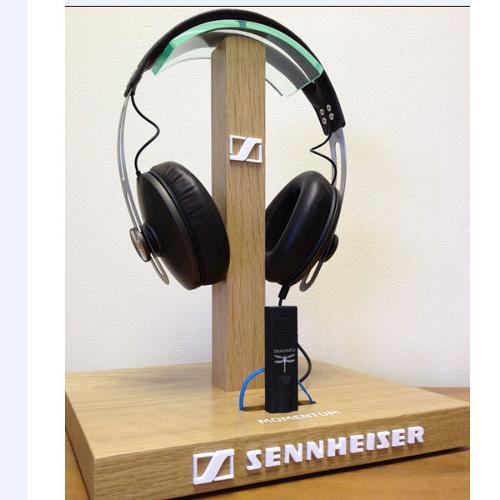HD800s warmer than HD800, HD800 brighter than HD800s, whichever phrase you pick, I think both are true. My HD800 sounds more open and is a bit easier to hear the detail than on my HD800S, but listen closely and you'll hear that it's all there. In this sense my impressions mesh very well with shabta here in that if you're a HD800 lover, you really need to audition both before you choose. I see that there was a recent audiophile meet in San Francisco where they tested a new HD800 mod that seems promising. All in all I wouldn't count out the HD800 just yet.
My comments were more to say that the HD800's are a bit too far on the "bright" side of things to be neutral/natural; the HD800S is never "warm", but spot on to my ears; thus my preference for the latter comment I made. I certainly don't count out the HD800's either, they're great headphones. But in the end, they became a bit of a pariah for me as I avoided them with many "brighter" recordings...the HD800S's have fixed this for me...and for me, that's a big step in the right direction...add the slightly more bass down low and I personally can't go back. YMMV of course.























 Nice to have someone read my post at least
Nice to have someone read my post at least 

